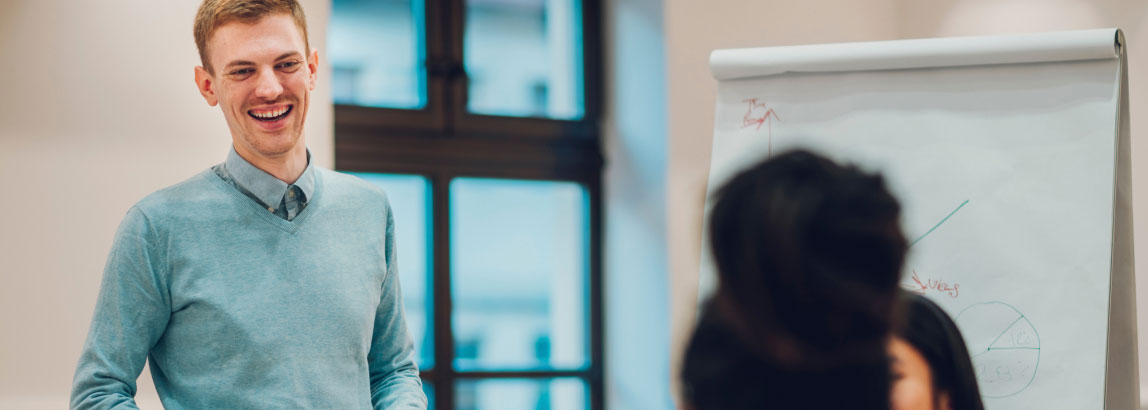Not found

Related vacancies

PhD position in Social Sciences (TEDIP Project)
- 1 / 1
- Faculty of Social Sciences
- PhD
- MSc
- Closes on13-12-2024
- Publishing date20-11-2024
Come join our TEDIP Project Team!
View vacancy

Postdoc on Governance and Politics of the water-energy-food-ecosystem nexus
- 0.8 / 0.8
- Faculty of Science
- Researcher / Postdoc
- Postdoc
- Closes on09-12-2024
- Publishing date20-11-2024
Are you interested in addressing the growing challenge of water and food security by promoting an integrated Water-Energy-Food-Ecosystems (WEFE) Nexus approach? Please apply at Vrije Universiteit Amsterdam.
View vacancy

Junior Lecturer Bioinformatics and Systems Biology
- 0.6 / 1
- Faculty of Science
- Teacher
- MSc
- Closes on15-01-2025
- Publishing date13-11-2024
We are looking for a colleague who is passionate about education and dedicated to support the VU/UvA joint degree Master’s programme for Bioinformatics and Systems Biology.
Please apply at Vrije Universiteit Amsterdam.
View vacancy
This website uses cookies
We, and third parties, use cookies on our website. We use cookies to ensure that our website functions properly, to store your preferences, to gain insight into visitor behavior, but also for marketing and social media purposes (showing personalized advertisements). By clicking 'Accept', you agree to the use of all cookies. In our Cookie Statement. you can read more about the cookies we use and save or change your preferences. By clicking 'Refuse' you only agree to the use of functional cookies.